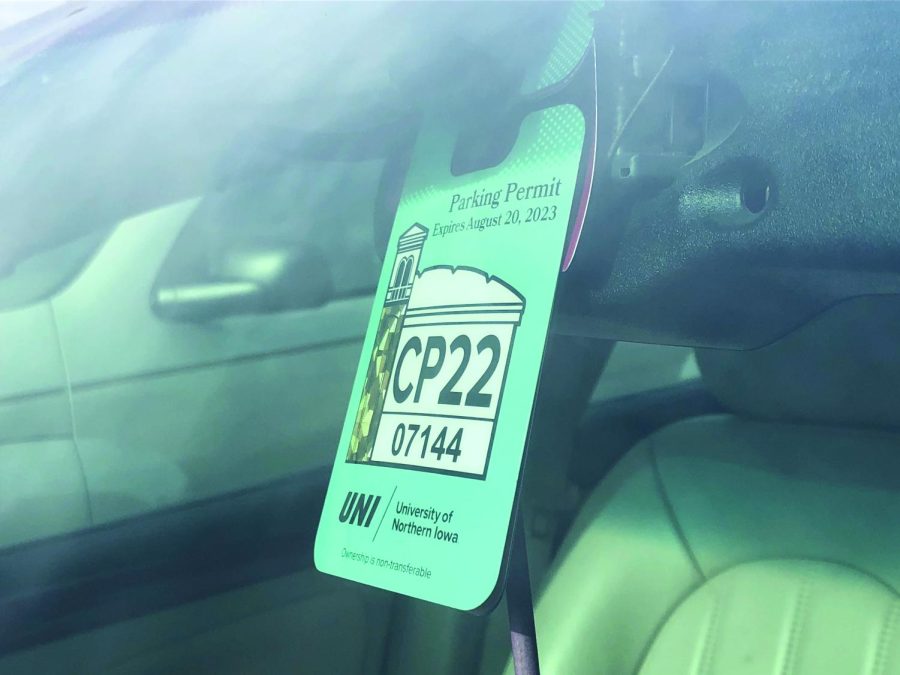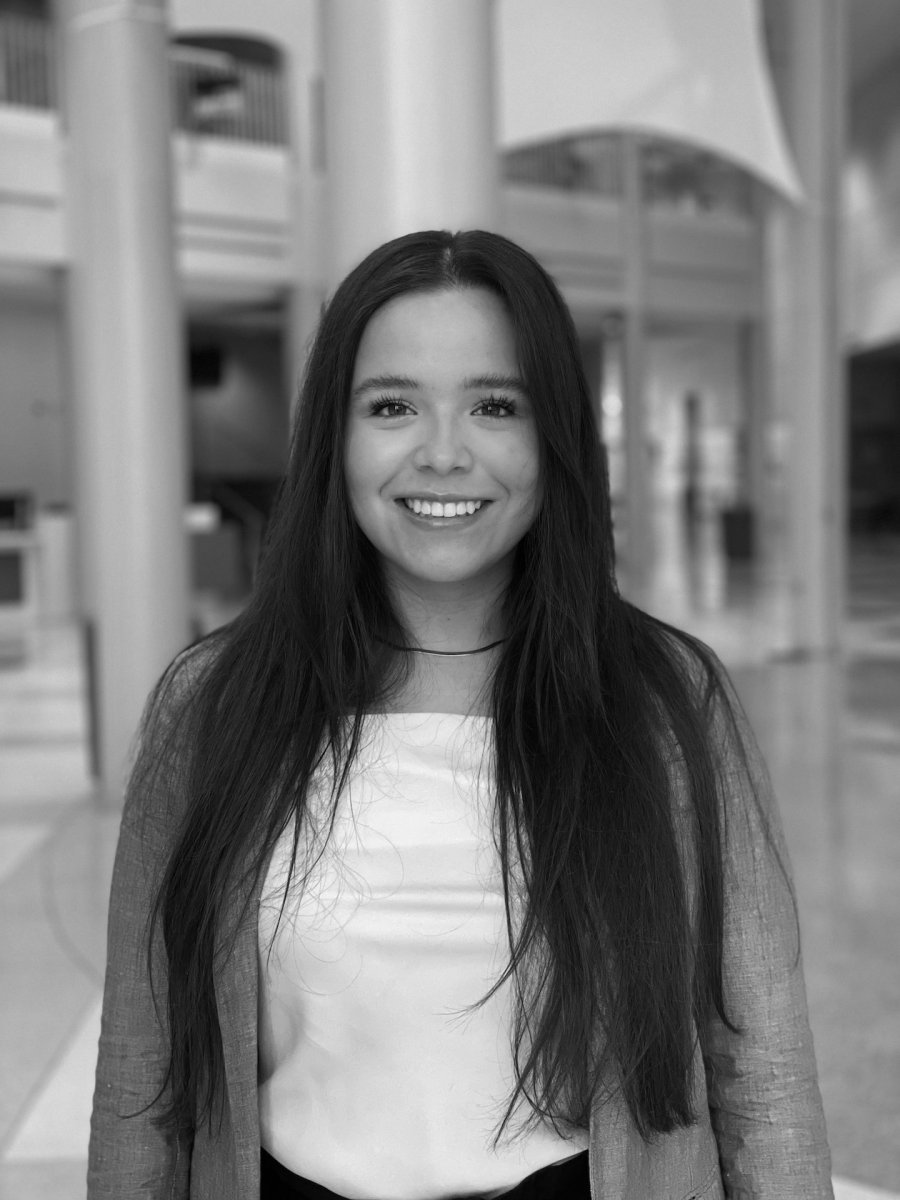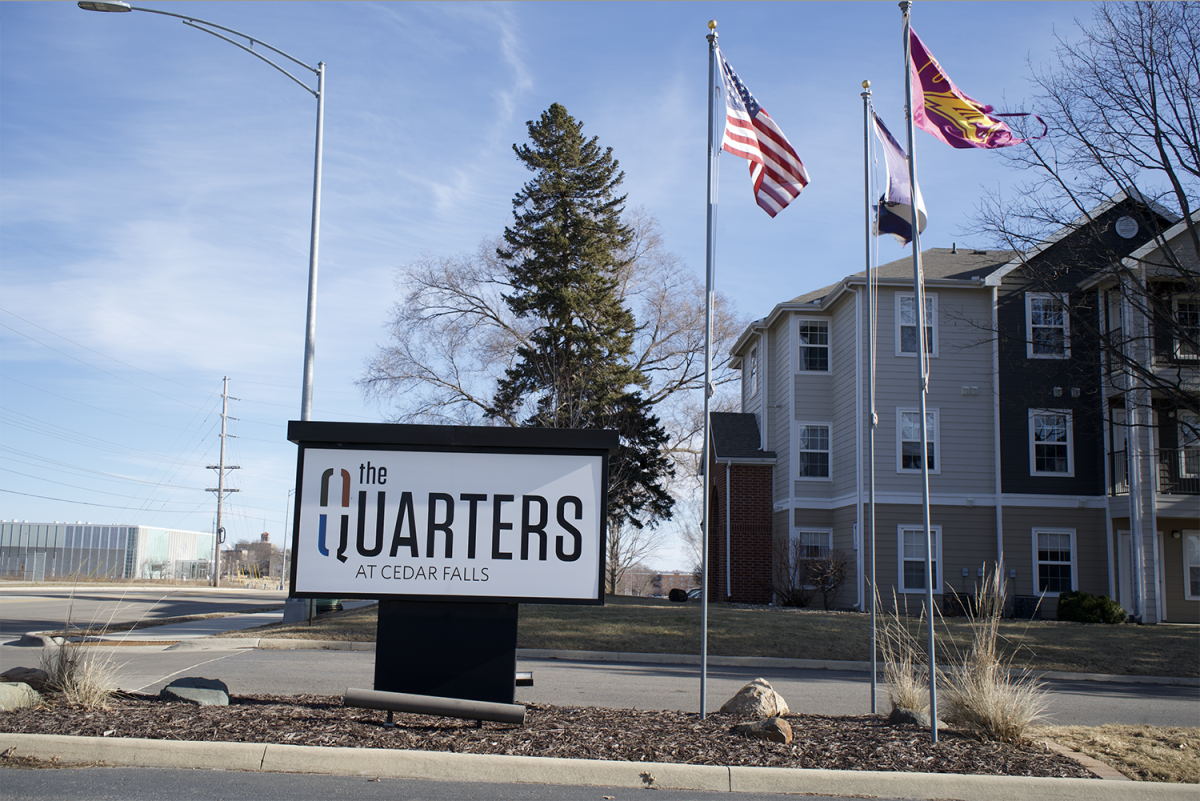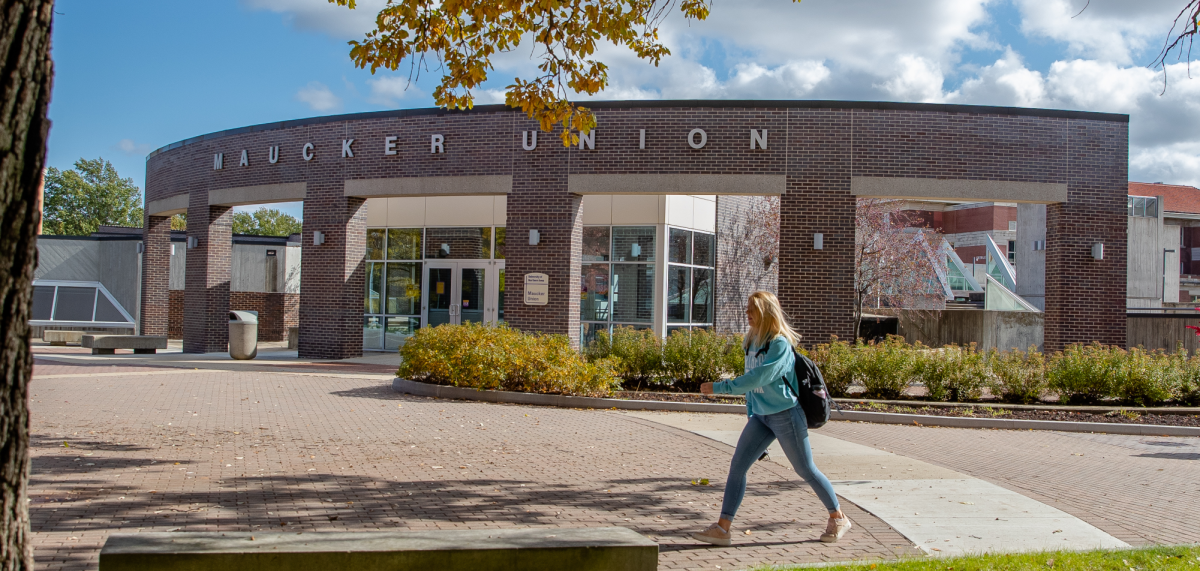Continuing its streak of success, the UNI Accounting program was ranked sixth amongst mid-sized schools for single-pass rates of the certified public accounting (CPA) exam by the National Association of State Boards of Accountancy (NASBA).
This specific ranking doesn’t encapsulate all four sections of the CPA exam that prospective accountants must take, but UNI has submitted all four sections to the NASBA. Out of the top ten institutions ranked in this category, UNI claims the most candidates and the most sections taken by candidates, with 51 candidates completing the CPA and 175 sections total. UNI’s CPA pass rate for the 2023 CPA exam is 78.3%, with the average passing rate being 79.3%.

Dr. Joseph Ugrin, UNI’s Department Head of Accounting, attributes this success to the rigorous standards of the program, student’s commitment to their studies and the accounting faculty that dedicate their time to their student’s success. “This program is unique, students are studying together for a semester, and they are just grinding away in class…there’s a sort of expectation that students will pass, a continued expectation,” said Ugrin.
The accounting program at UNI is set up in a way to allow senior students to spend a majority of their last semester at UNI studying for the CPA exam. “Most students in their last semester will spend two hours in a class a day studying for the CPA exam, they might take another class they need to graduate, but most students are focusing all of their time on studying,” said Ugrin. The semester-long CPA preparation program is faculty-led, with students focusing on one section of the CPA exam at a time. Students will study for one section of the exam at a time, and then test over that section after four to six weeks of preparation. By the time accounting students graduate, they will have taken every section of the CPA exam. “I think that’s a huge advantage,” said Ugrin. “Most students graduate, then study for the exam, and they have up to 30 months to take it. Our students are graduating with jobs secured, and have completed the [CPA] exam.”
Even as the CPA exam is changing, the UNI accounting program is working to adapt. In the past, the CPA exam has strictly been four sections. Now, the exam will have three core sections, financial accounting, public auditing and regulation. The fourth section will allow students the option to take one of three exams, between business analysis and reporting, information systems and controls and tax compliance and planning. Ugrin attributes a large portion of student success to faculty member and program coordinator David Deeds, who, according to Ugrin, is a “CPA guru.”
Deeds teaches the financial accounting and business analytics and reporting sections. “To put into perspective how well he does teaching that class, last spring the national pass rate for that section [business analytics and reporting] was approximately 40% and ours was over 80%,” Ugrin said. According to Ugrin, Deeds also assists students through the process of sending their transcripts to the state board and scheduling exams. Helping students handle the administrative portions of their exams eases some of the larger stressors on students.

“It’s kind of a strain, but it’s something the college has taken pride in, and the department for sure, and is probably the primary reason students come to UNI for an accounting degree,” said Ugrin. The strain and uniqueness of the program is something Ugrin accredits for garnering transfer students from larger competing universities. The UNI accounting program regularly receives students into the graduate program from larger universities in the Midwest region, while most of the time, these transfers might be inverted, with students from UNI going to larger universities for their graduate program. “I’m actually not aware of a single UNI student, since I’ve worked here, that has transferred to one of the larger competing schools for their graduate program,” said Ugrin.
Not only does the program attract students from larger competing programs, but it also attracts top accounting firms to recruit students, with the big four accounting firms regularly recruiting UNI students, hosting engagement activities to entice students to work for them in the future. “A school our size might normally have maybe one, but we have multiple firms actively recruiting because they know our students are going to pass a professional exam, so they compete for that pretty hard. Passing the exam is not something to take lightly,” Urgin said.
Through rigorous CPA preparation and high standards, UNI has maintained its spot as one of the top ranked institutions for CPA passing rate. Ugrin anticipates that as the section compilation data becomes available, UNI will move up in rankings amongst other institutions.














